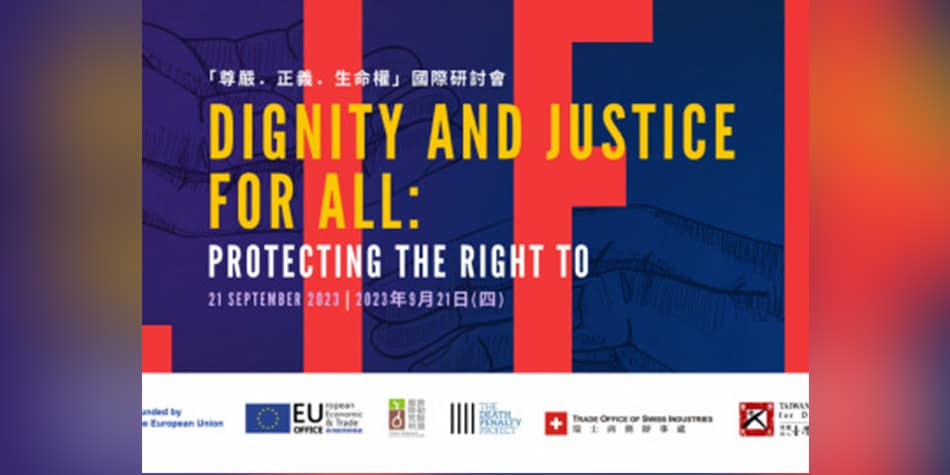Asia between an abolitionist trend and populist politics
Asia
Sun Zhongwei, a lawyer and member for the Beijing Death Penalty Defence Lawyers Network, shares Batra’s optimism. His organisation aims to reduce the number of executions and eventually abolish the death penalty.
“I’m sure China will end up abolishing death penalty,” he assured. To illustrate his position, he presented recent changes in the legal system.
In 1997, China reduced the scope of the death penalty, authorizing it only to punish severe crimes and forbidding it for juveniles. Another significant change came in 2007, when the Beijing supreme court decided to review all death sentences handed down by local courts. His enthusiasm must be tempered with the reality of continuing mass executions in China.
Popular support for the death penalty, too, must be taken into account. In Taïwan, according to recent polls, 74% of the population declared to be in favour of capital puniqhment. Bhatara Ibnu Reza, human rights research coordinator for Imparsial, said: “During the 2008 elections, the government tried to attract votes by executing people. It was horrible.”
For Reza, there is no link between religion (Indonesia is the largest Muslim country in the world) and executions. But the political temptation is there. “The government that pleads for death penalty using the Islamic pretext to gain public favour is the worst,” he said.







